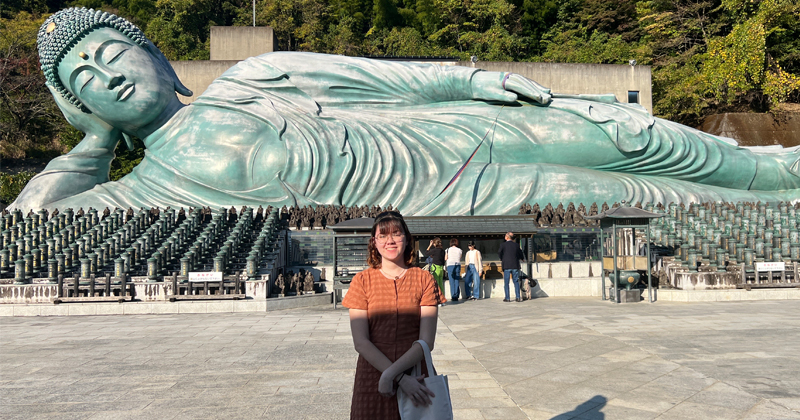Learning new languages unlocks opportunities, not only during a study abroad program, but for career pathways in government, business and civil service after graduation. From competing in the global marketplace to fostering diplomatic relationships with countries around the world to supporting a more empathetic society, the United States benefits from having a population of multilingual professionals. Despite this, only 20% of Americans report that they are able to converse in two or more languages — far behind their European counterparts, who report a 56% multilingual population.
To promote language development and cross-cultural communication skills among American students, the U.S. Department of State sponsors the Critical Language Scholarship (CLS) Program each summer. The Critical Language Scholarship Program encourages university students to study a language that is defined as “critical” to United States national security and economic prosperity. Students may pursue programs in Arabic, Azerbaijani, Chinese, Hindi, Indonesian, Japanese, Korean, Persian, Portuguese, Russian, Swahili and Urdu — all with funding from the U.S. Department of State.
Anna Wilson, a senior at the University of Delaware studying cognitive science and Asian studies, spent eight weeks of her summer immersing herself in Mandarin Chinese through the CLS Spark virtual program.
Throughout the summer, Wilson’s mornings consisted of two-hour lectures, introducing students to the distinct pronunciation, sentence structure and alphabet of one of the world’s most complex languages. Each day, she expanded her vocabulary and gained a new essential communication skill, such as telling time, ordering food and asking and giving directions in Mandarin. To supplement the course curriculum, Wilson’s instructor dedicated one lesson per week to expose students to a different aspect of Chinese culture, such as Chinese hand knitting, kung fu and traditional Chinese music.
“The instruction was very personal, as my specific class was only with three other people,” Wilson said. “This way, my instructor could focus on topics that we personally wanted to learn about.”
After spending much of her first year at UD on Zoom because of the pandemic, Wilson was hesitant to return to breakout rooms and screen-shares, but she found that this mode of learning complemented the CLS Spark curriculum and the program’s intimate class size.
“I really got to know my classmates and teacher and was more comfortable speaking up to ask questions,” she said. “Since Mandarin is such a hard language to pronounce, I think I learned how to get over the embarrassment of making mistakes, because I made plenty.”

